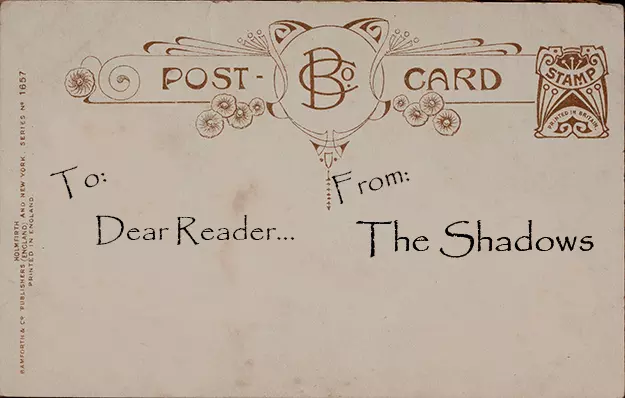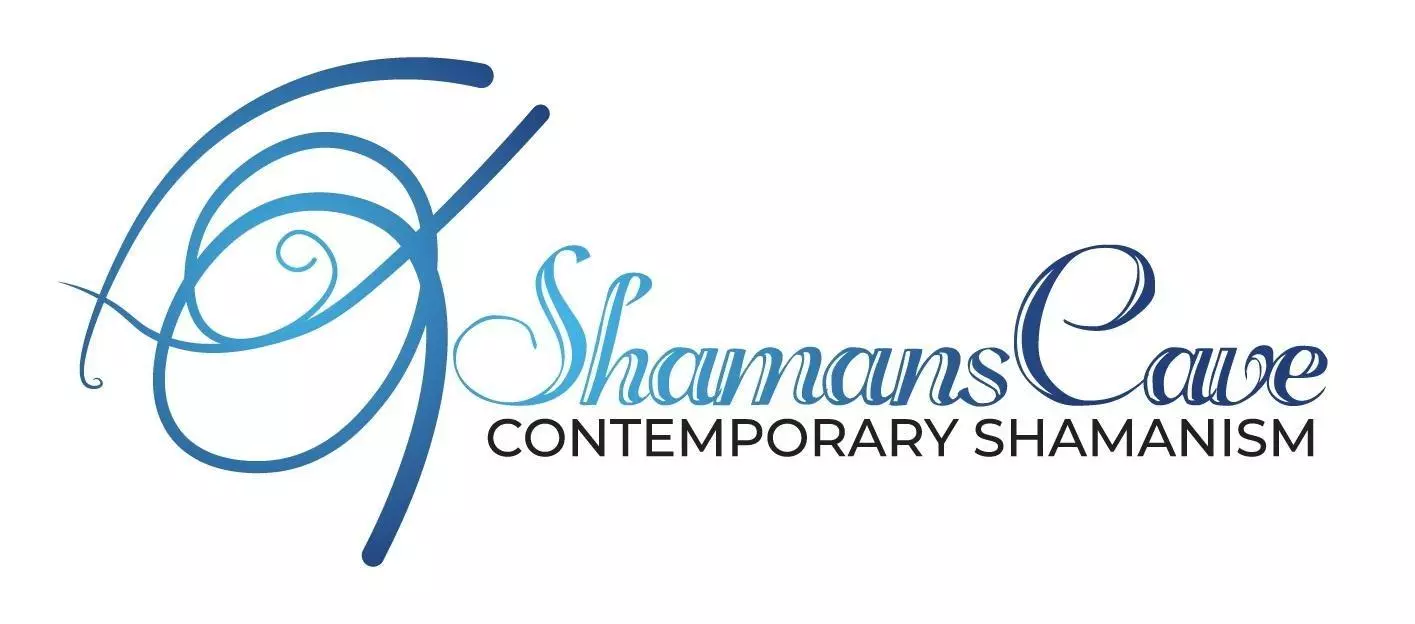Article Categories

Why do you call your practices, 'Contemporary Shamanism'?
My way of being a shaman is not typical in a traditional sense, yet at the base it is very typical and very traditional. I refer to what I do as contemporary shamanism as opposed to the traditional methods of indigenous peoples currently practicing, which seems to be the approach of a lot of people prefer, taking those indigenous practices and trying to reapply them to the current state of reality. My peculiar brand of the practices, from what I can tell, is between six and seven hundred years old, passed down in a familial tradition. It may be older than that, I don't know, it has never seemed important to go any further back.
My view, and the view of the way I was taught, is that there is no need to reinvent the wheel over and over again. In other words, not all headaches are caused by evil spirits, not all diseases are the fault of the person who has them, etc. The idea was that we had to function within an ever changing social and scientific structure of human experience. To this end it was important to be well educated, well read and capable of understanding logical constructs. On the other side of the coin, where the shamanic really enters in, it was important to make sure nature was kept close at hand and the ability to deal with basic energies became the goal as opposed to creating ever expanding metaphors within the human mind.
So my practices are contemporary in that they take into account the current state of human knowledge and do away with many of the things from the past that will no longer apply, or were, frankly, just wrong. This often deeply offends the purists who insist in order to be a shaman you must honor all the dictums of the past and basically, run around bareassed in the jungle all day. Nice work, if you can get it.

I don't view my practices as antithetical to traditional shamanism, but merely a part of the natural evolution of human knowledge and understanding. These practices still revolve around nature and natural energies - around practices and techniques which are very old and yet at the same time they have been adjusted to new times and knowledge.
There are a lot of traditions out there. All human cultures have had a shamanic tradition at some point in their past and some still in the present. But one shouldn't confuse that multitude of traditions and techniques as meaning the path is either easy or simple. There are many who sincerely believe a weekend seminar or two makes them into shamans, it doesn't, not even in their dreams. I certainly don't call myself a master, what would I be a master at, I could never figure that out. Shamans are often referred to as the wounded healers. I have found that to be quite accurate unfortunately.
